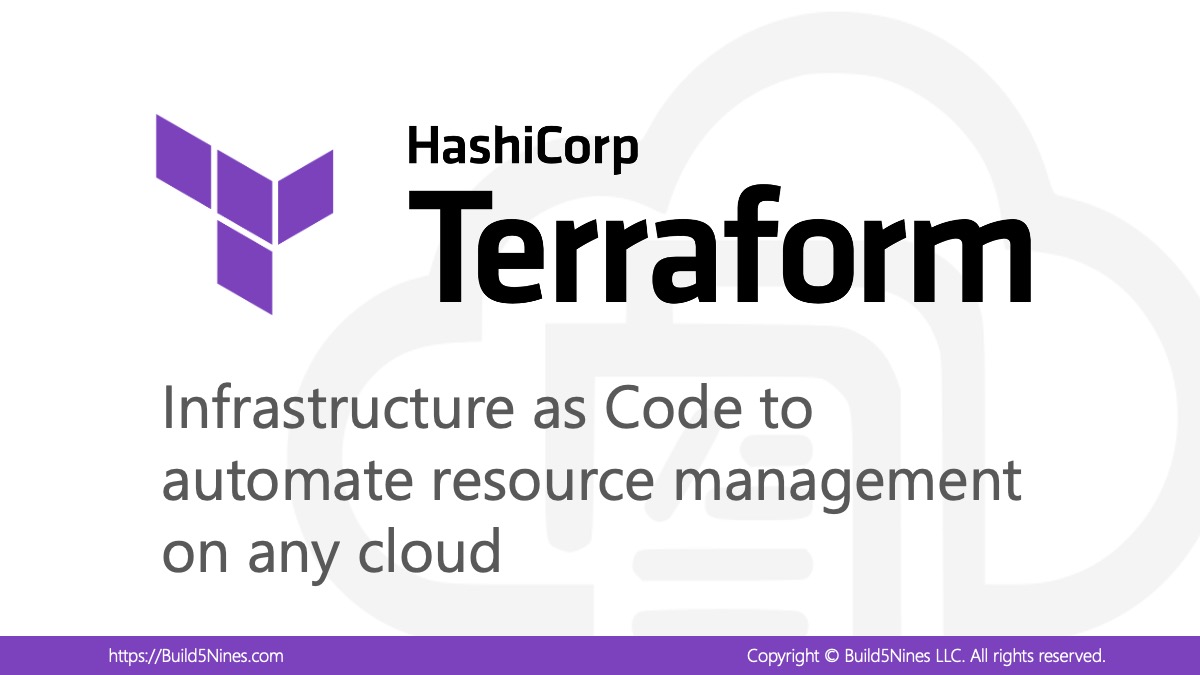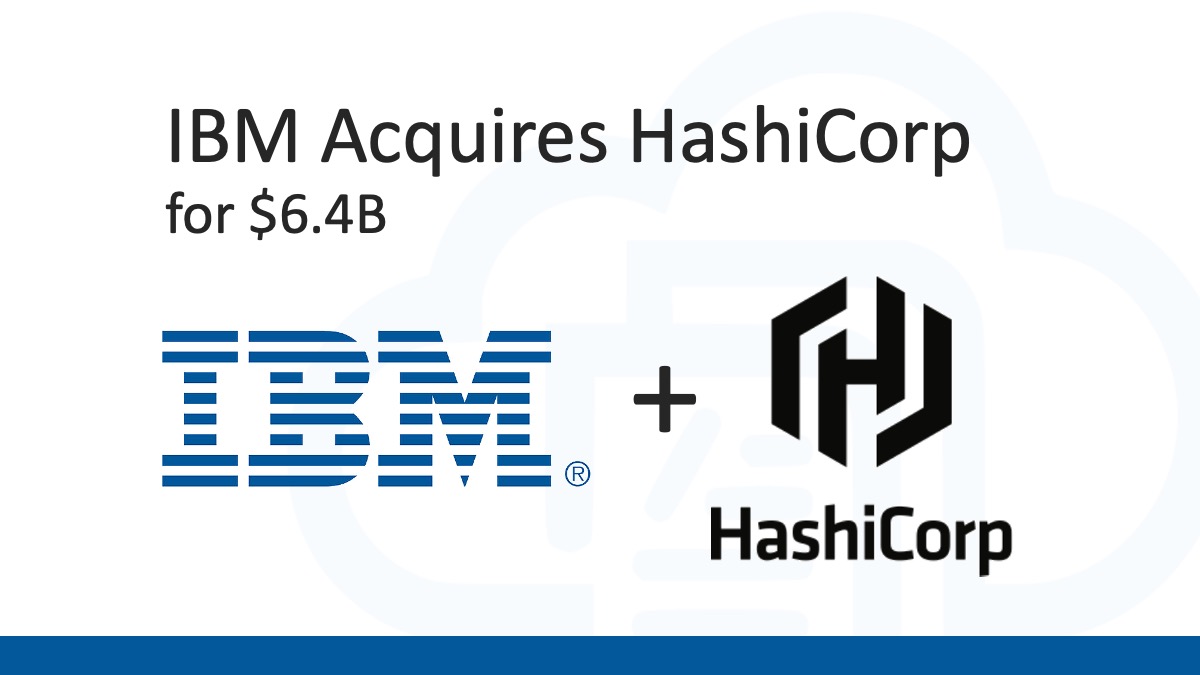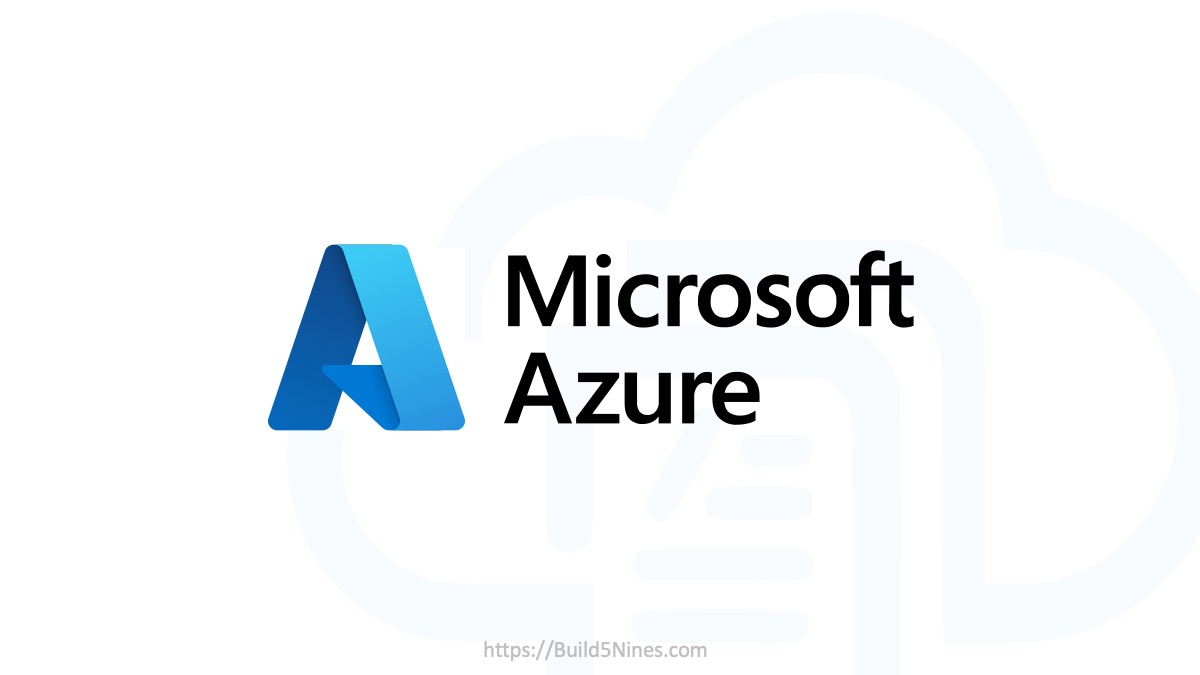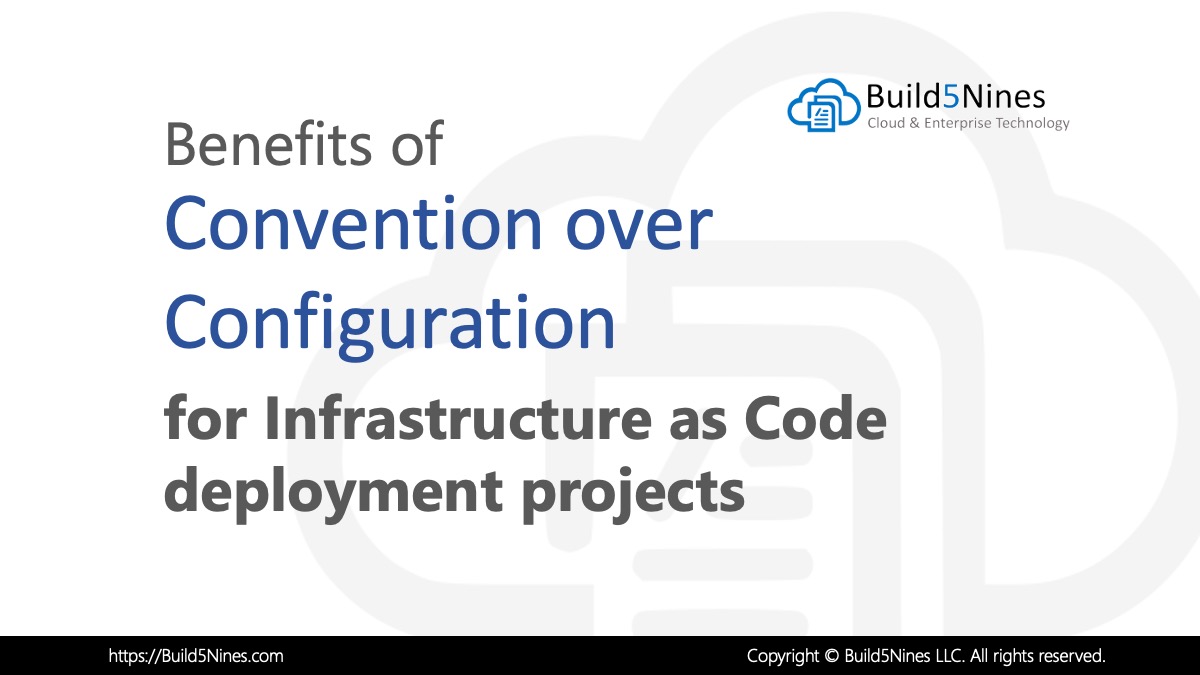The AZ-900 Microsoft Azure Fundamentals certification exam tests and validates a candidates foundational knowledge of the cloud and Microsoft Azure....
Category
Certification
What are the Microsoft Certified Associate Certifications?
Microsoft offers several different certifications across multiple expertise levels from Fundamental, to Associate, to Expert. The Microsoft...
Do Microsoft Certifications Expire?
I've received many questions regarding the entire process of Microsoft certifications over the years. Some of the most common questions I've gotten...
Microsoft Certified: Azure Solutions Architect Expert Certification
The Microsoft Certified: Azure Solutions Architect Expert certification is a great credential for showcasing your expertise in the Microsoft Azure...
What are the Microsoft Certified Expert Certifications?
Microsoft certifications are available in multiple levels from Fundamental, to Associate, to Expert at the top. The Microsoft Certified Expert...
AZ-500: Microsoft Azure Security Technologies Certification Exam
The Microsoft Azure Security Technologies (AZ-500) certification exam tests and validates a candidates expertise at implementing security controls,...
Most Popular Microsoft Azure Certifications
There's no better way to prove your expertise with Microsoft technologies than earning a Microsoft certification. The certification exams are...
AZ-220: Microsoft Azure IoT Developer Specialty Certification and Exam
The Microsoft Azure IoT Developer certification exam (AZ-220) tests and validates your expertise as an Azure Internet of Things (IoT) Developer....
Top FREE Microsoft Certification Hands-on Labs
It's important to use plenty of great study materials when studying for that next Microsoft certification exam. There are many great paid resources...
GitHub Certifications (Actions, Admin and Security) for Azure Partners
There have been some in the community talking about new GitHub Certifications that are currently in a private beta available to Microsoft Partners...
Microsoft Certified: Cybersecurity Architect Expert
With Cybersecurity an extremely important aspect, and ever so increasing in importance, of any organization and their computer infrastructure and...
What is the HashiCorp Ambassador Award?
HashiCorp, the company behind Terraform, Consul, and Vault, has a community recognition award they call "HashiCorp Ambassador." This award is given...
AZ-400: Microsoft Azure DevOps Solutions Certification Exam
The AZ-400 Microsoft Azure DevOps Solutions certification exam tests and validates a candidates expertise as a DevOps Professional around the use of...
Microsoft Azure Certification: Where to Start?
The question of "Where to start with Microsoft Azure Certification?" is a common one. Navigating the gauntlet of certification paths and exams can...
Top 15 Security Certifications for IT
Are you looking at security certifications? Certification in the areas of Cybersecurity, IT Security, and Computer Security do not have as many...
HashiCorp Certified: Terraform Associate DevOps / SRE Certification
The popularity of HashiCorp Terraform has really taken off in the last couple of years. Terraform has become an extremely popular tool for writing...
Microsoft Azure IoT Developer (AZ-220) Certification is now LIVE
The Microsoft Certified: Azure IoT Developer Specialty certification (and exam AZ-220) is now LIVE and out of Beta. This is the first cloud-based...
AZ-900 Exam: Azure IoT Product Overview from Tim Warner
For some time now, Tim Warner, a fellow Microsoft MVP, has been posting short videos that methodically go over all the AZ-900 Azure Fundamentals...
Microsoft MCSA / MCSE Certifications Get Extended
In a response to the quarantine and lockdown restrictions due to the Coronavirus (COVID-19) pandemic, Microsoft has announced they are delaying...
Take Microsoft Certification Exams During COVID-19 Coronavirus Quarantine
I've been seeing lots of questions about earning the MCSE, MCSD, and MCSA certifications before their exams are retired on June 30, 2020. With the...


















 Terraform: Modules using Git Branch as Source
Terraform: Modules using Git Branch as Source
 Analyzing IBM’s Acquisition of HashiCorp: A Game-Changer in Hybrid Cloud Management
Analyzing IBM’s Acquisition of HashiCorp: A Game-Changer in Hybrid Cloud Management
 Why do Azure Resource Groups have an Azure Region association?
Why do Azure Resource Groups have an Azure Region association?
 Benefits of Convention over Configuration for IaC Deployment Projects
Benefits of Convention over Configuration for IaC Deployment Projects
 Azure Functions: Extend Execution Timeout Past 5 Minutes
Azure Functions: Extend Execution Timeout Past 5 Minutes